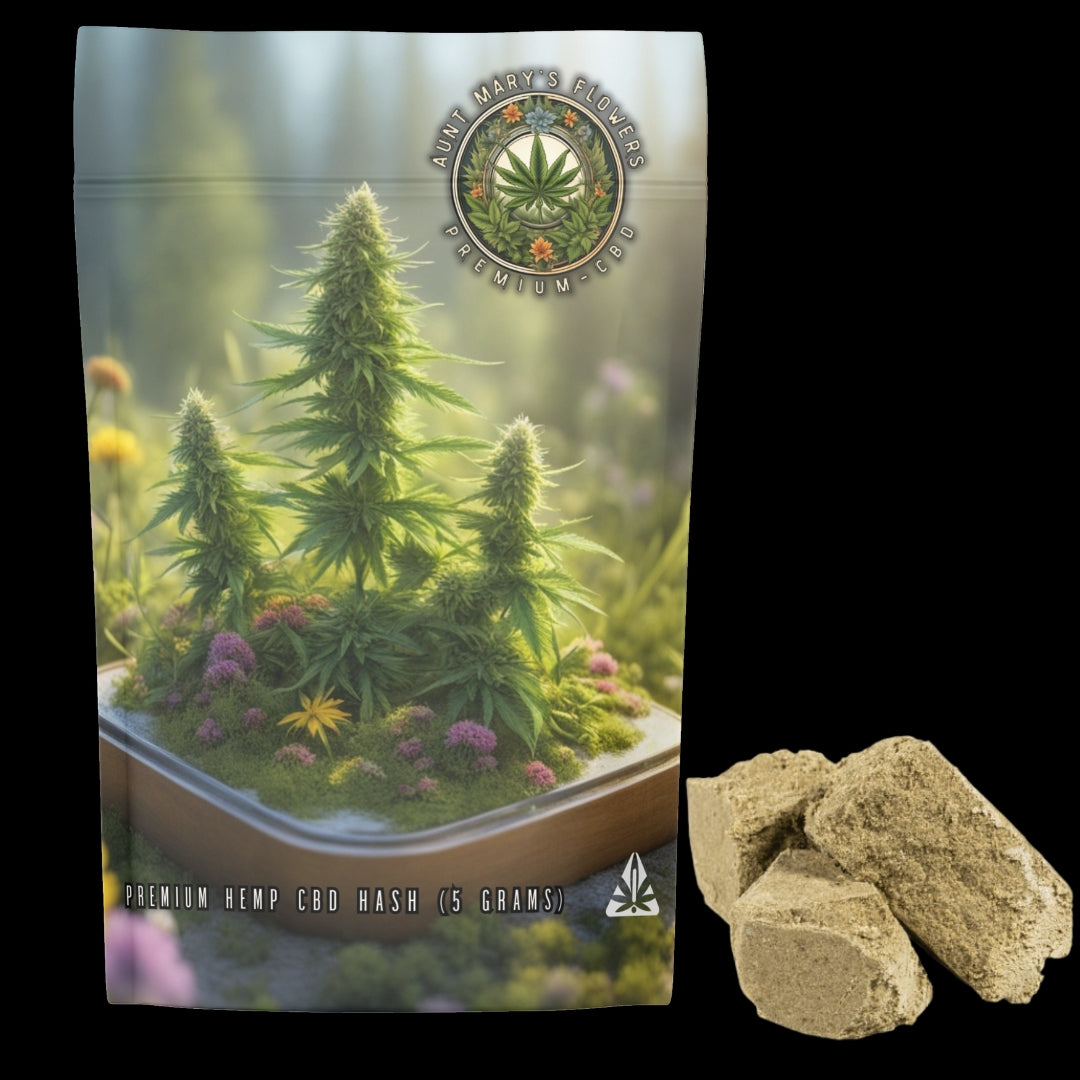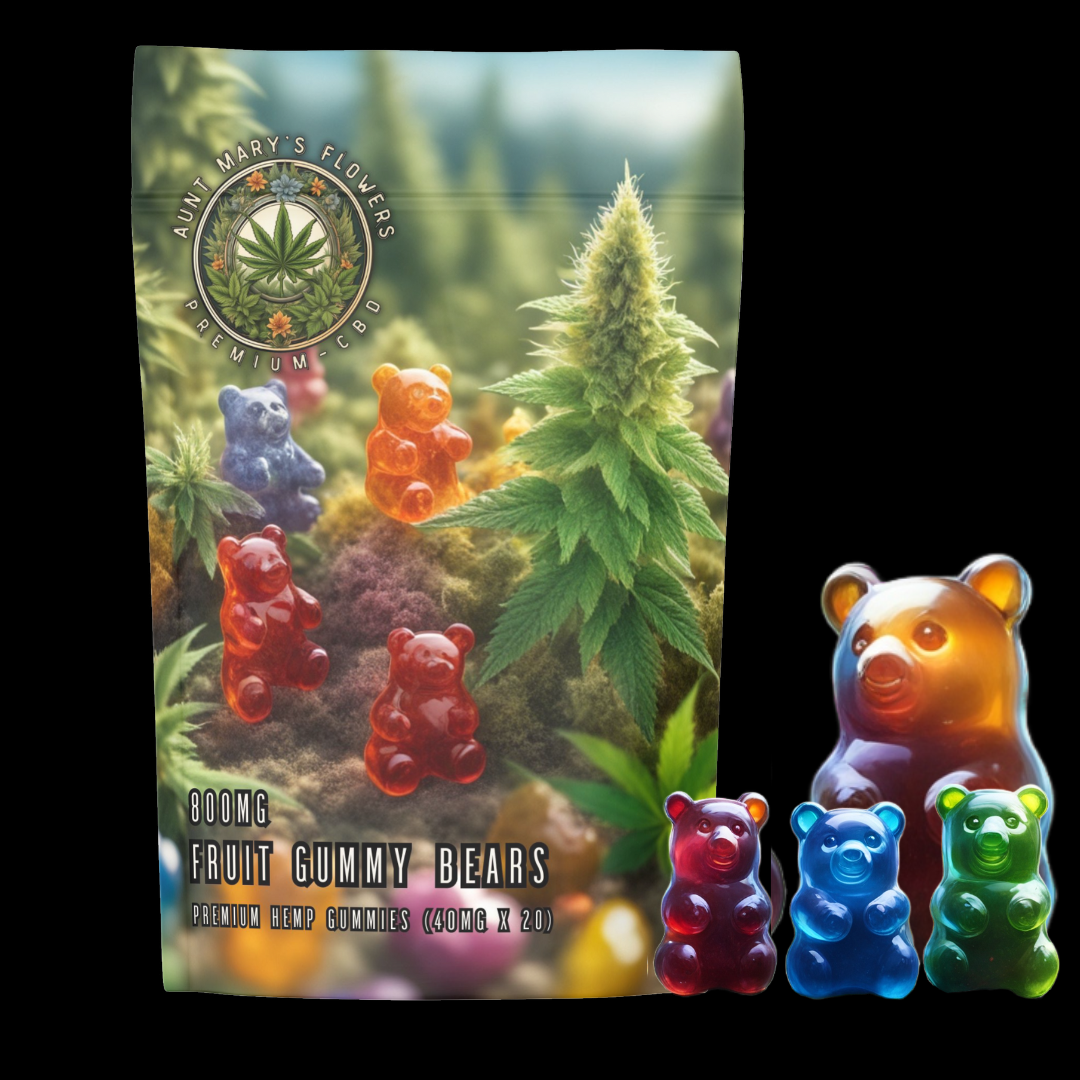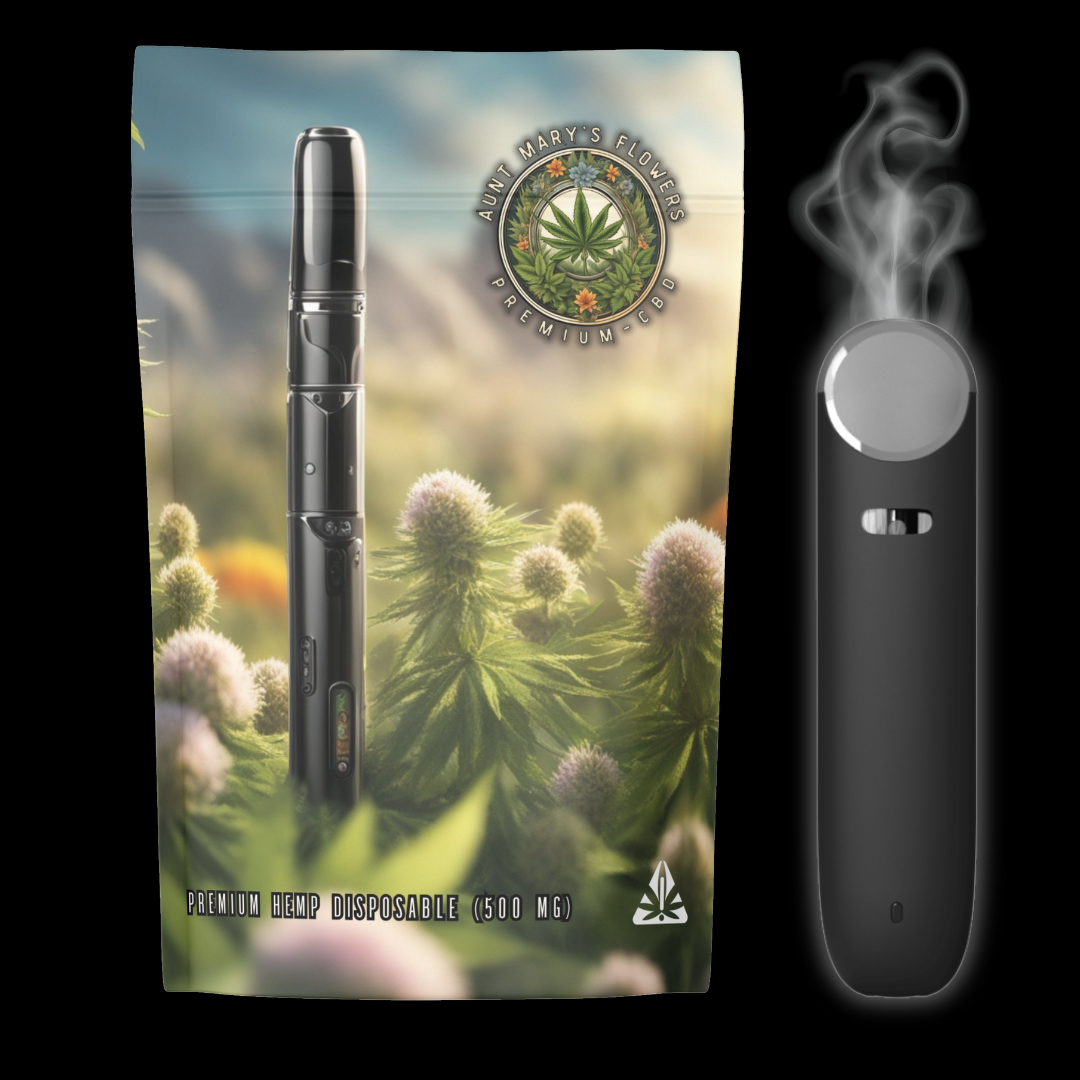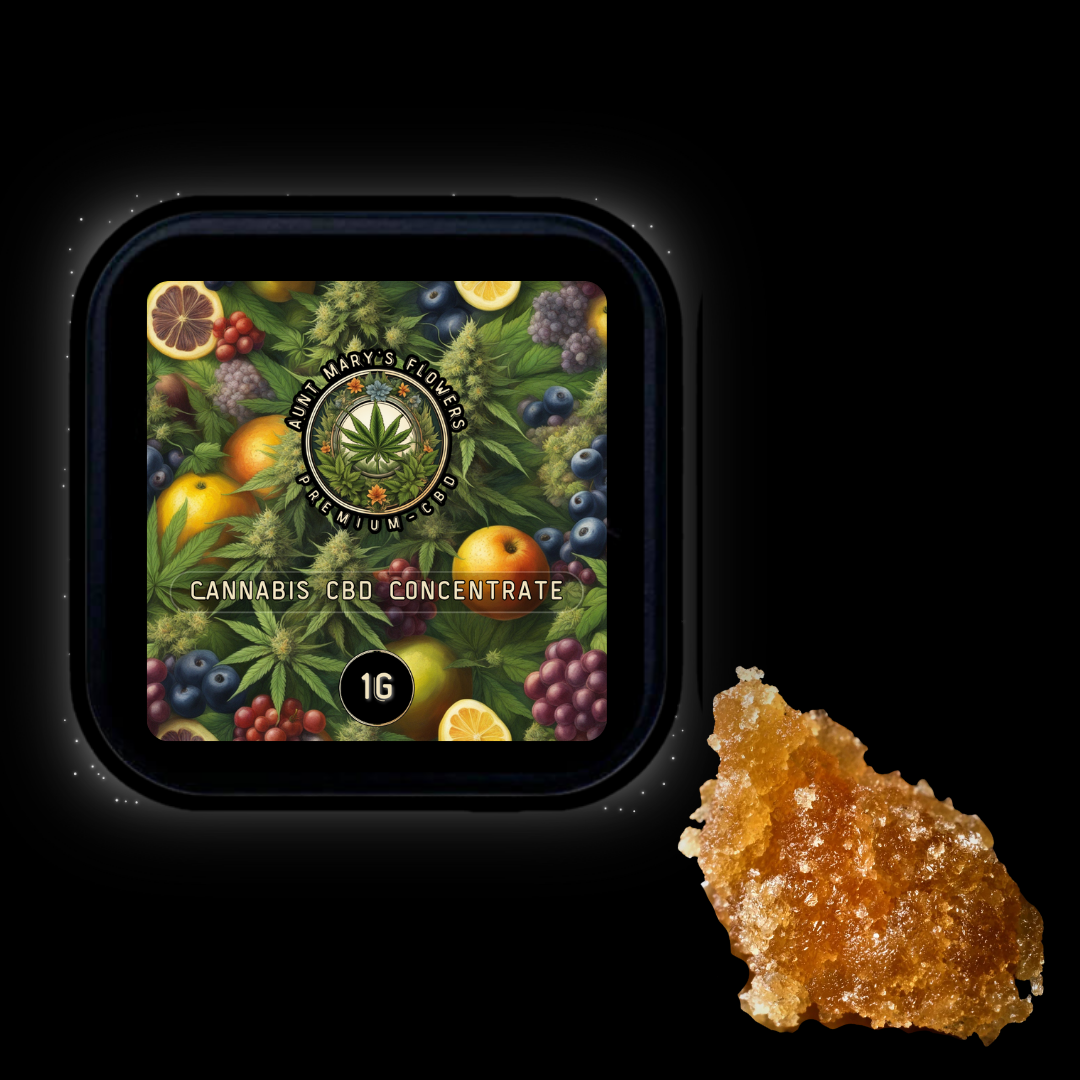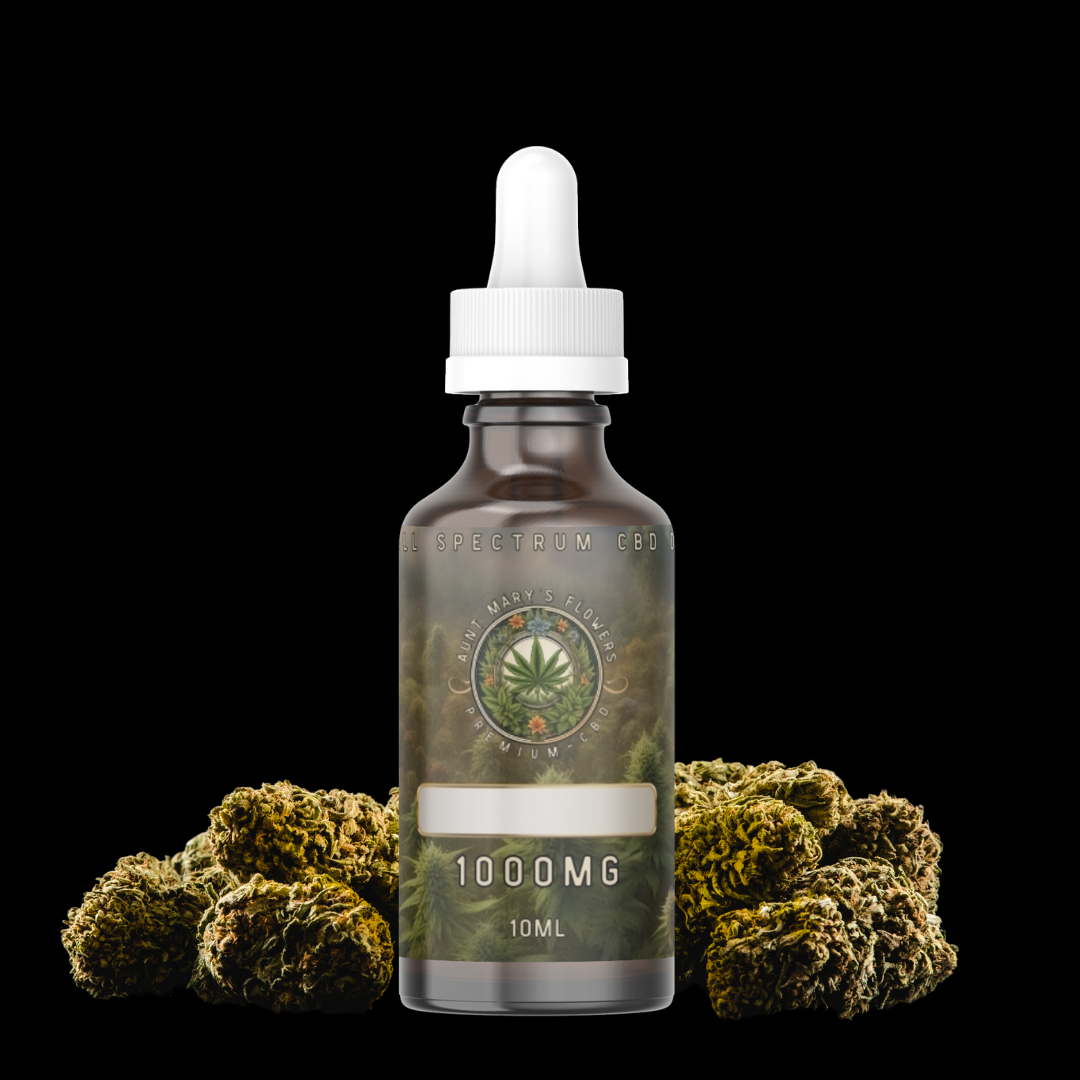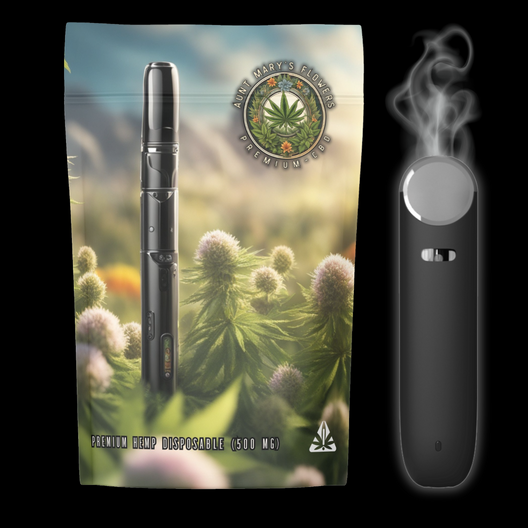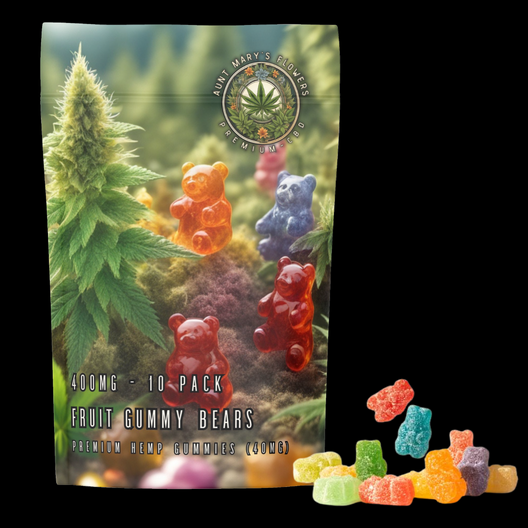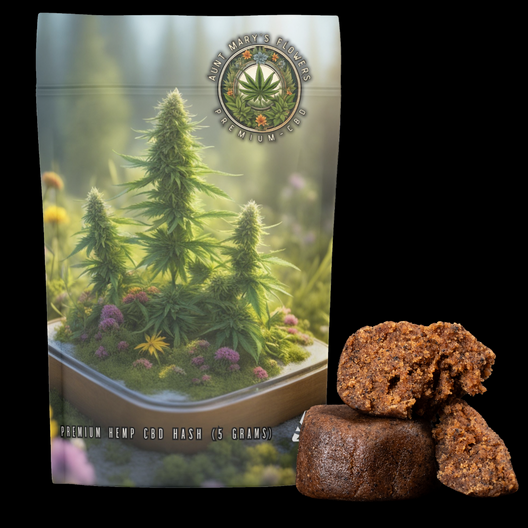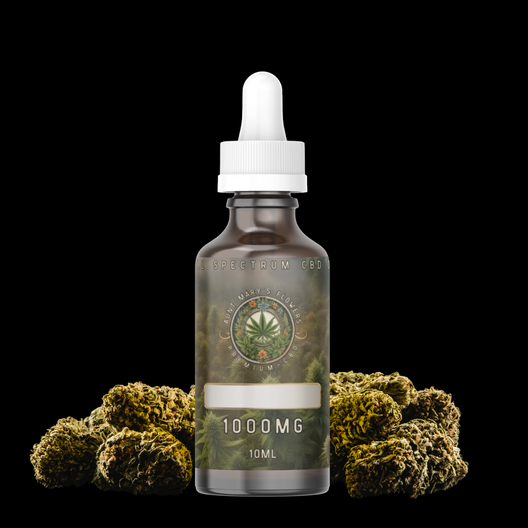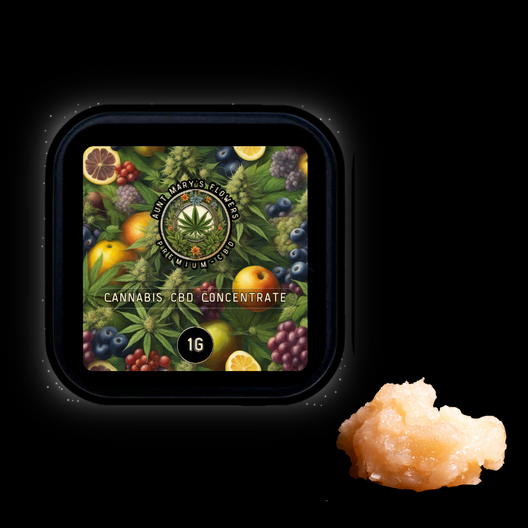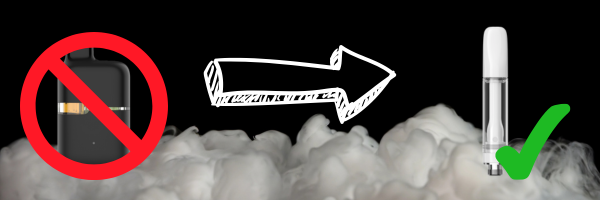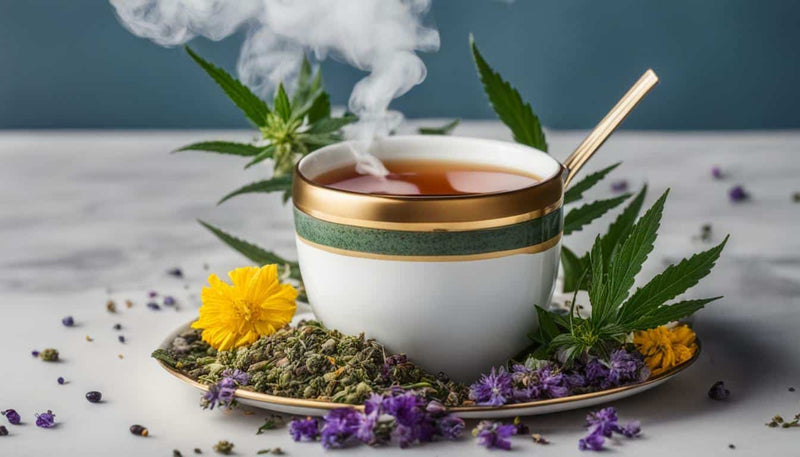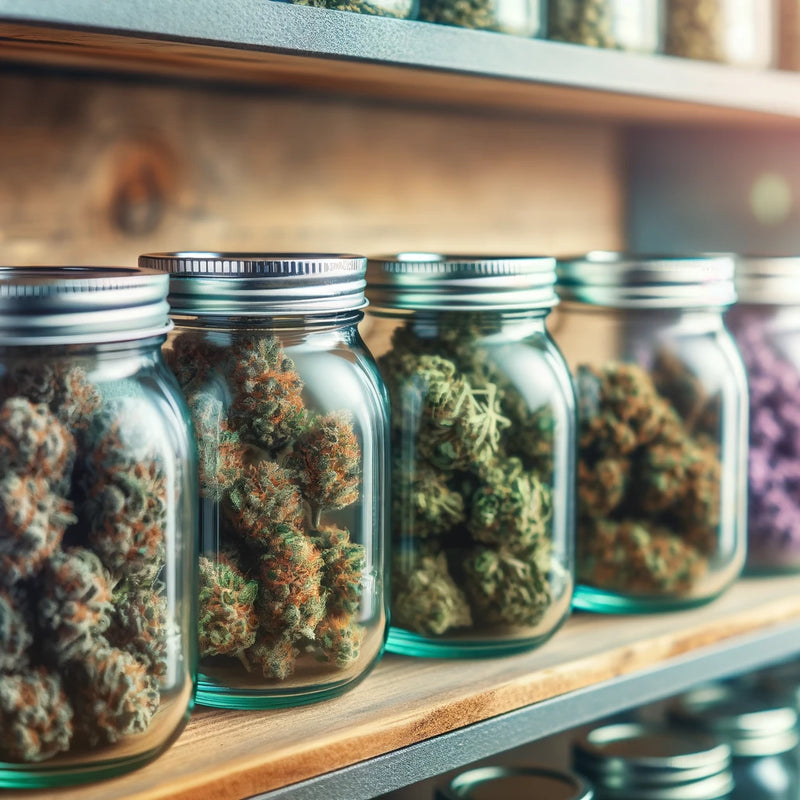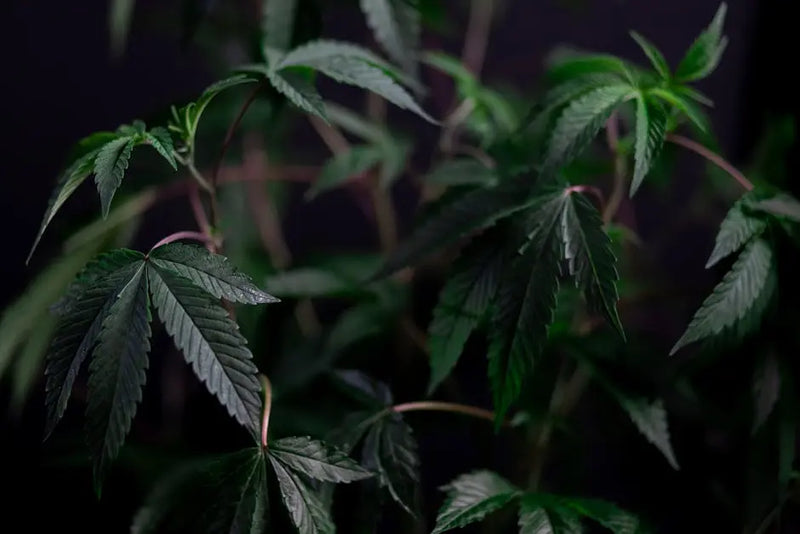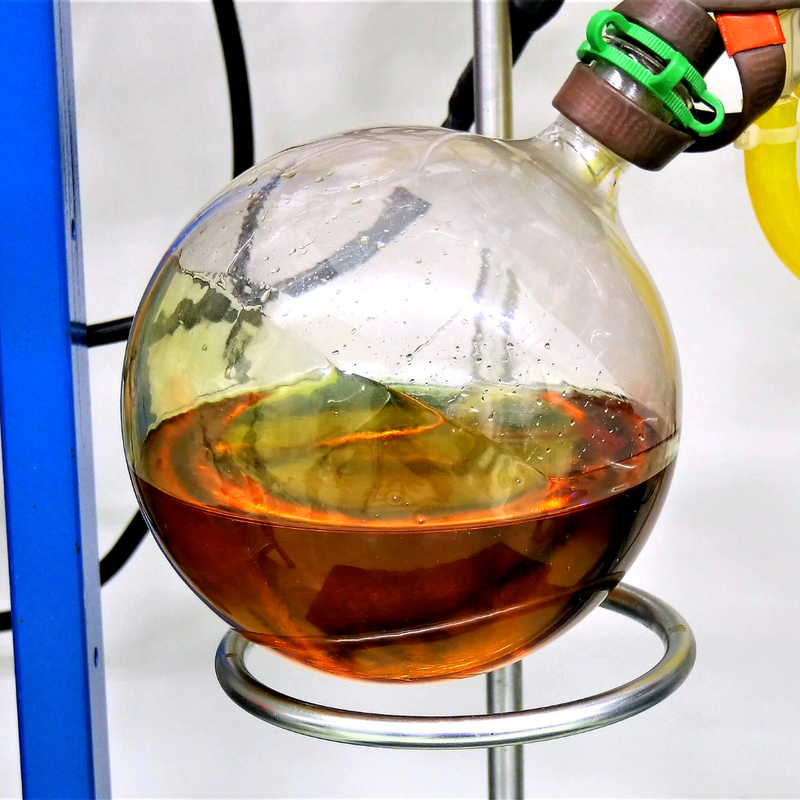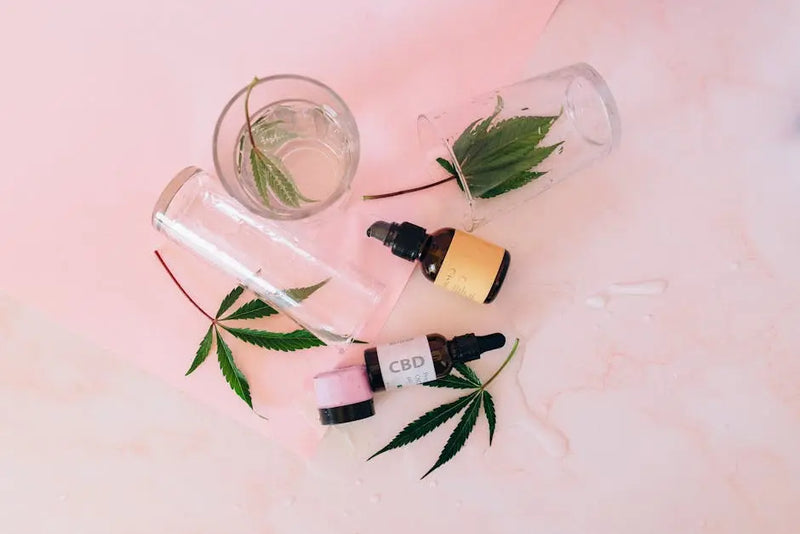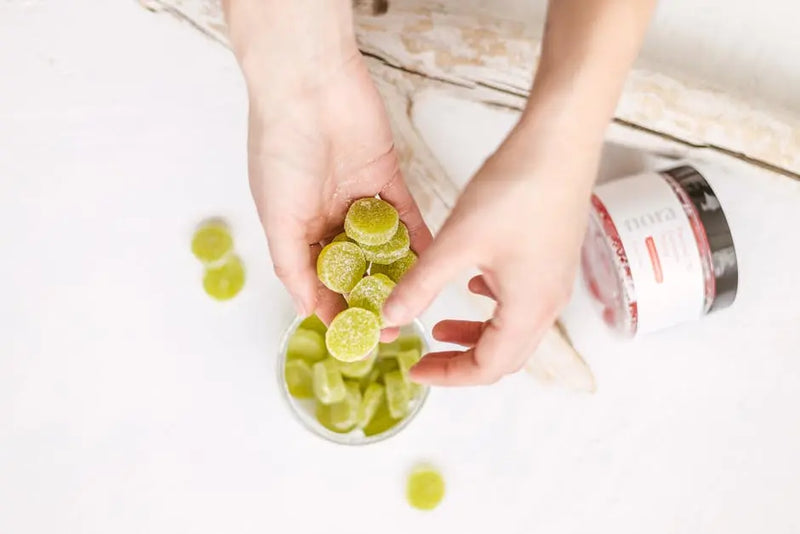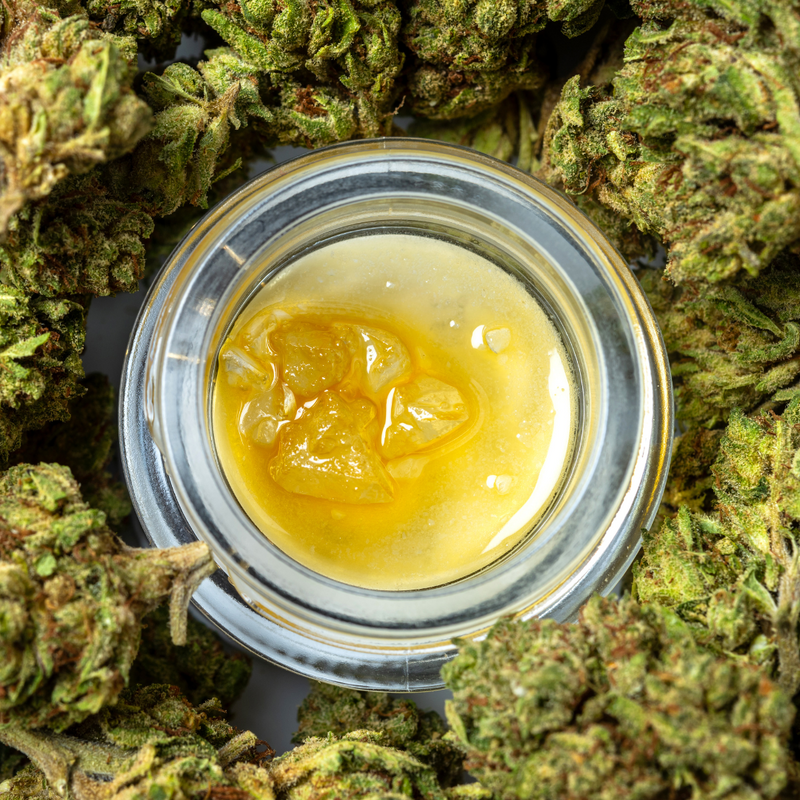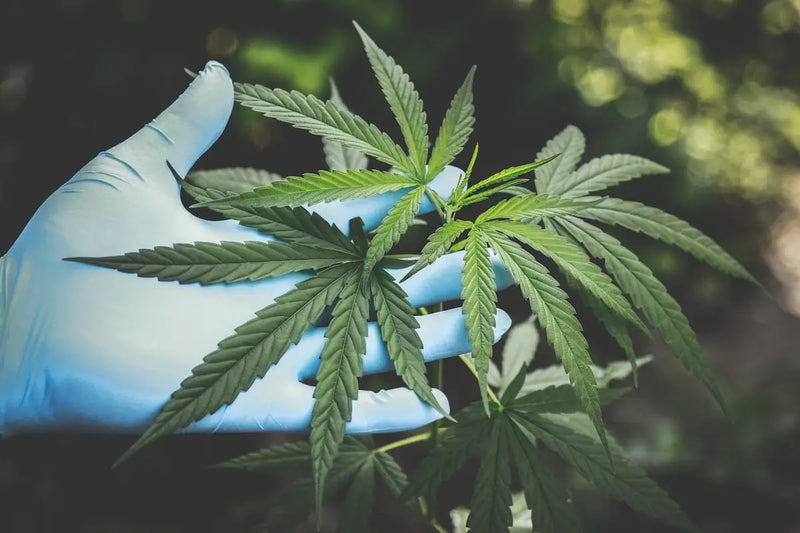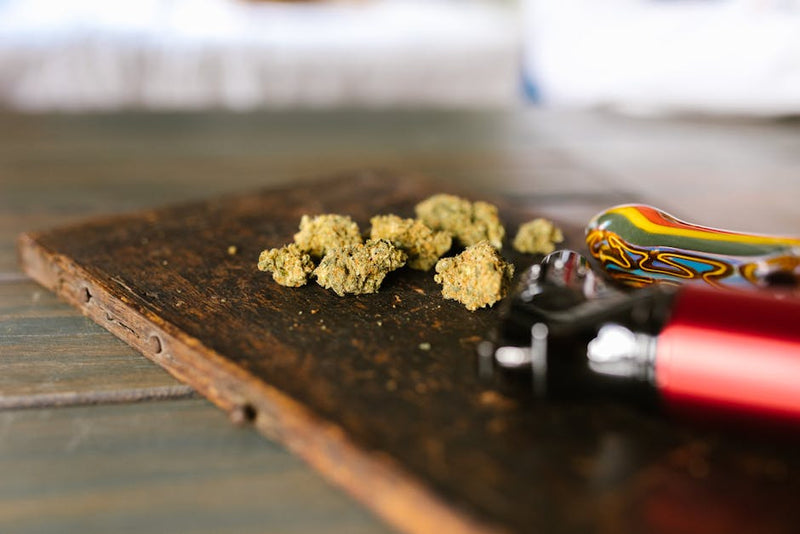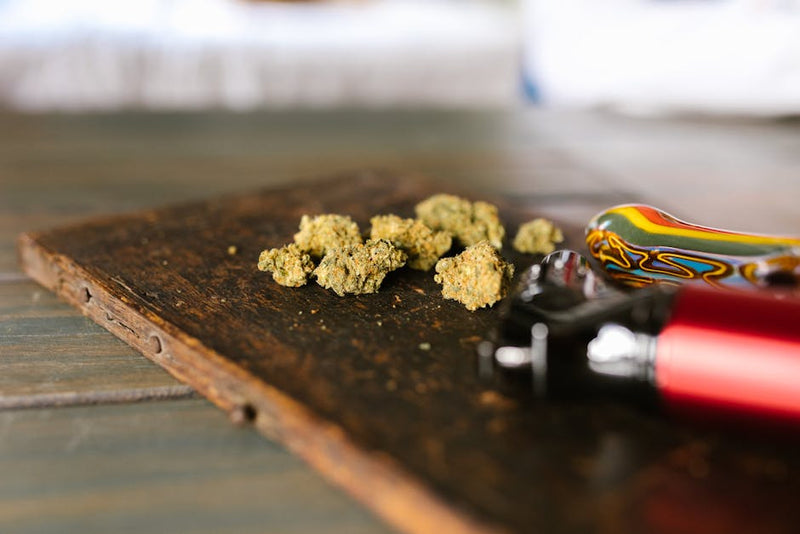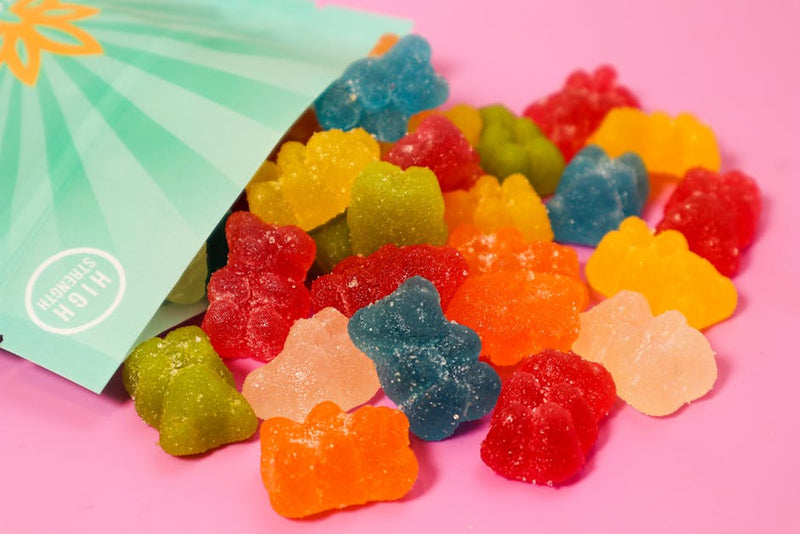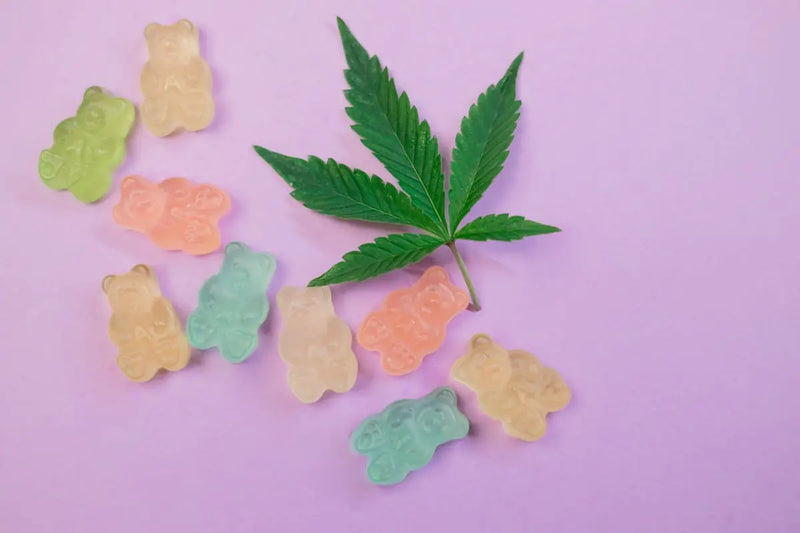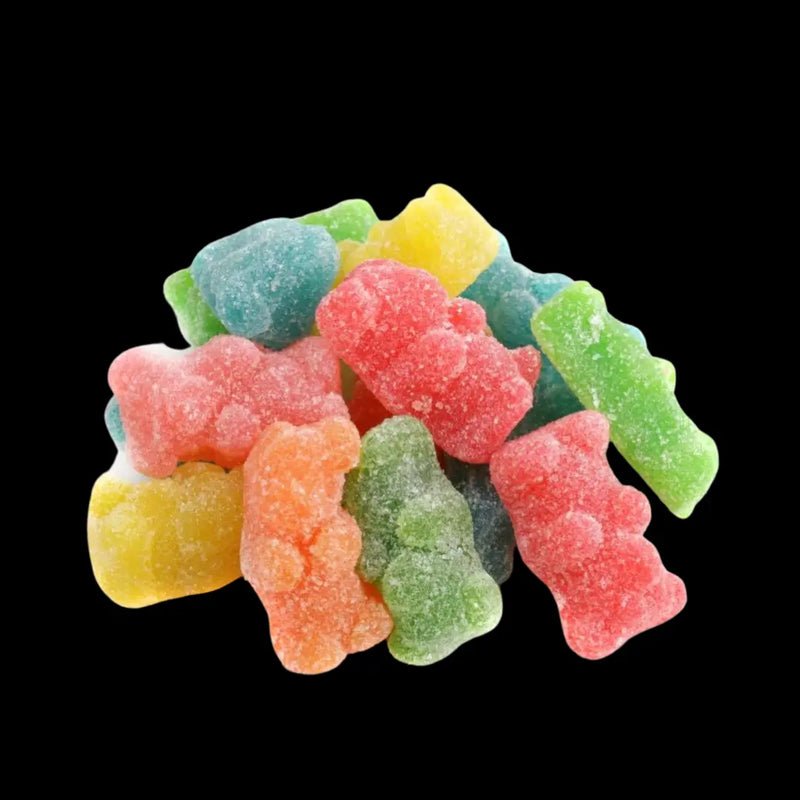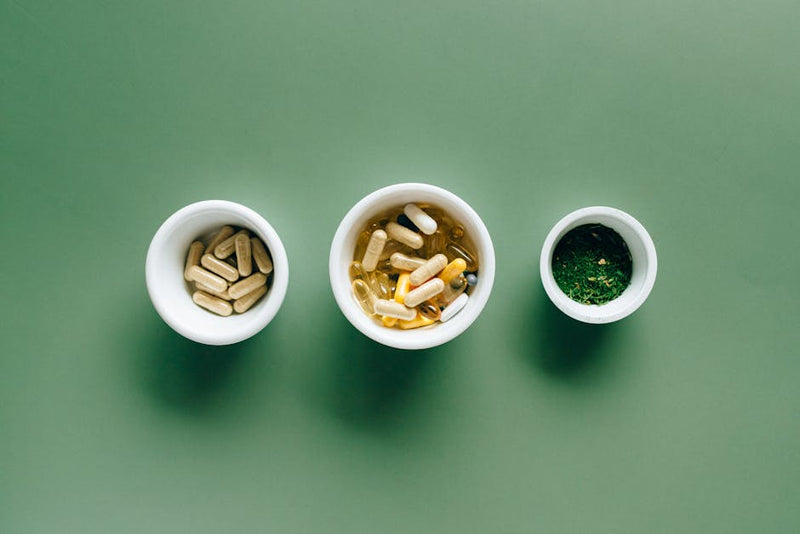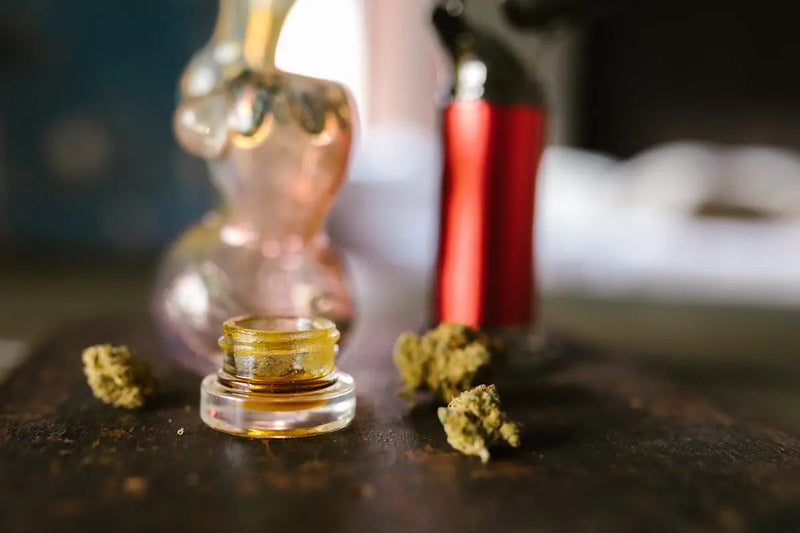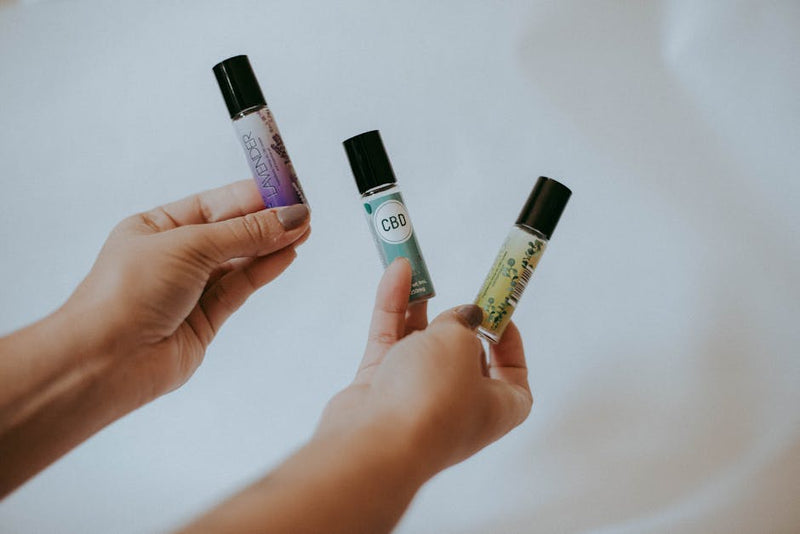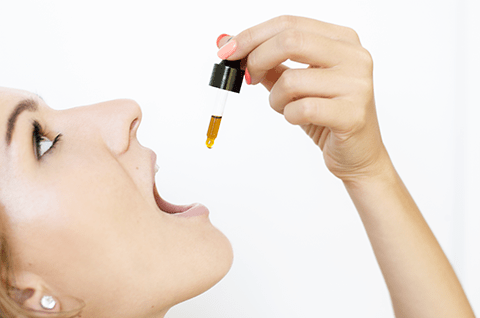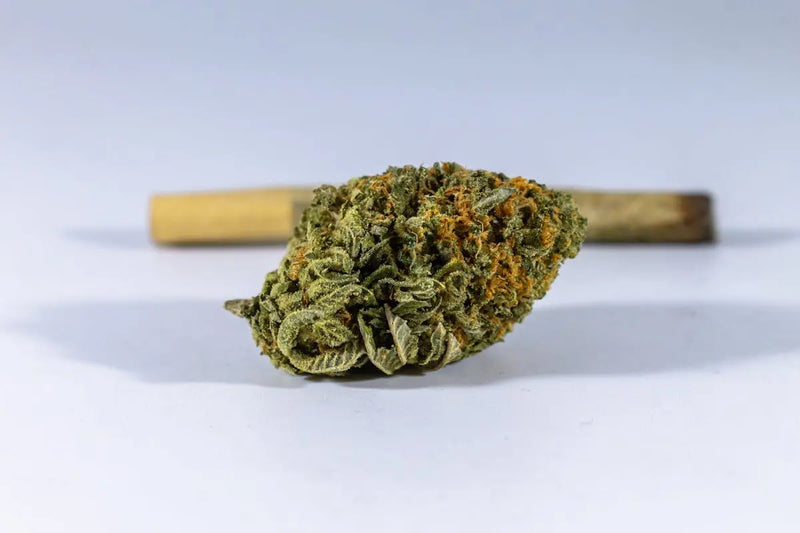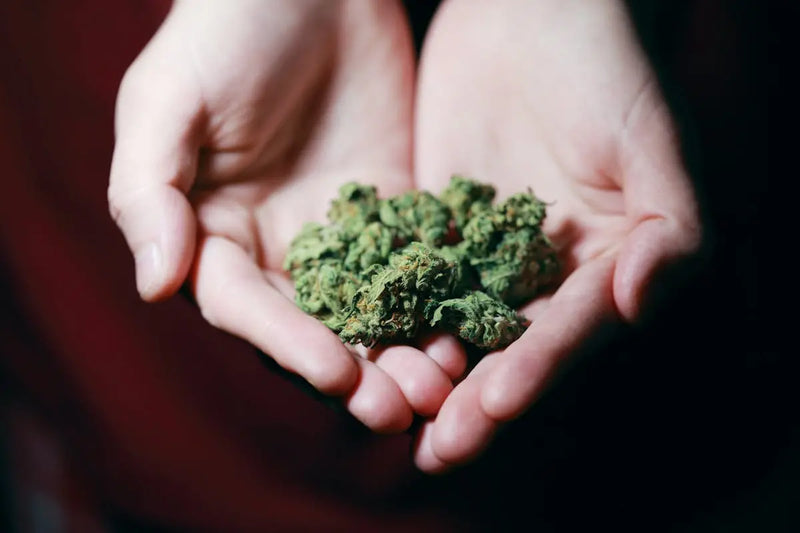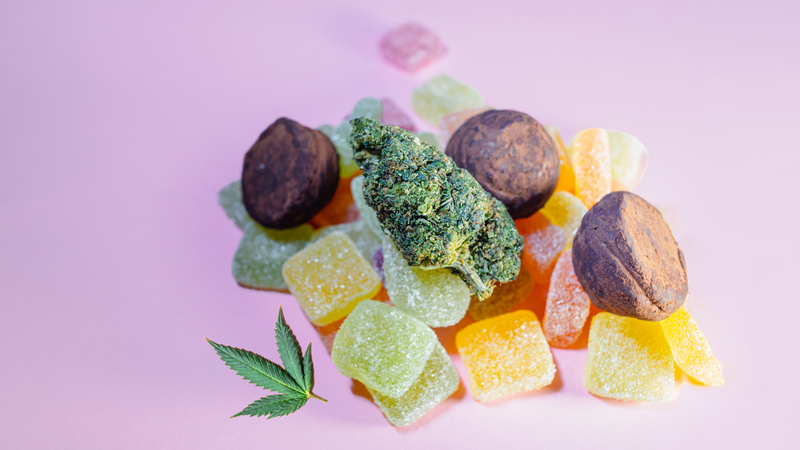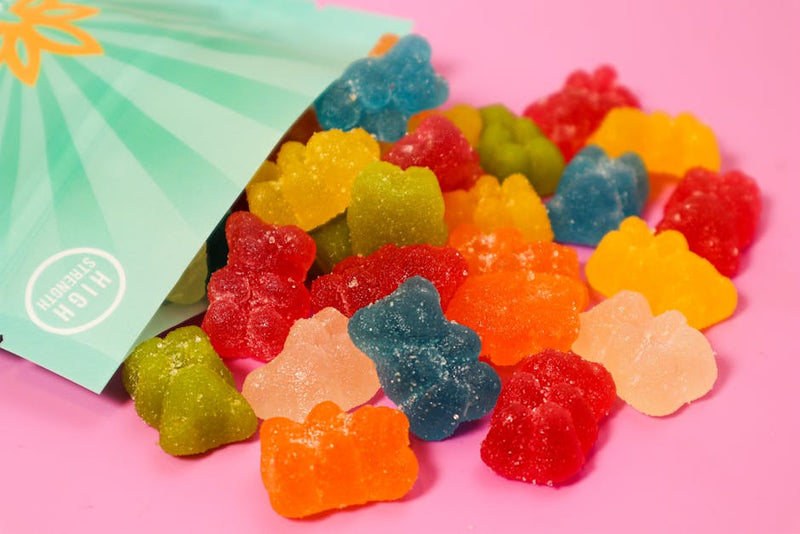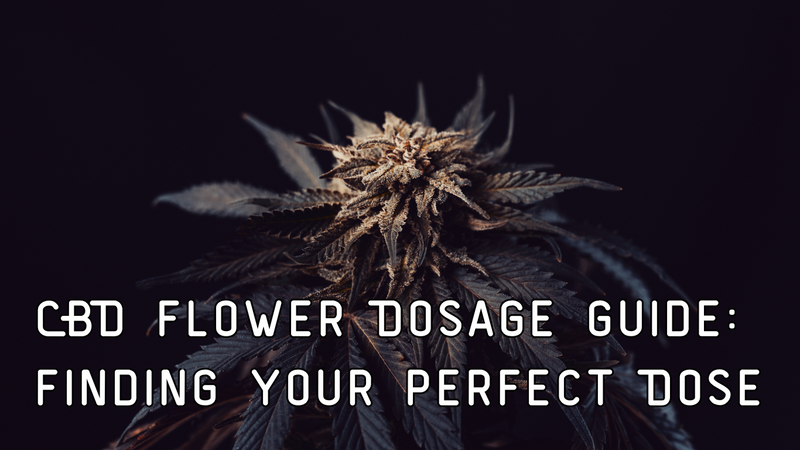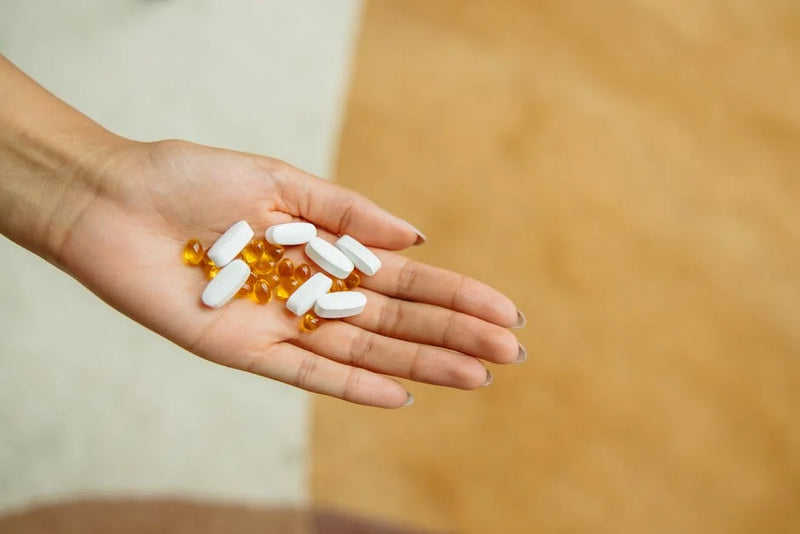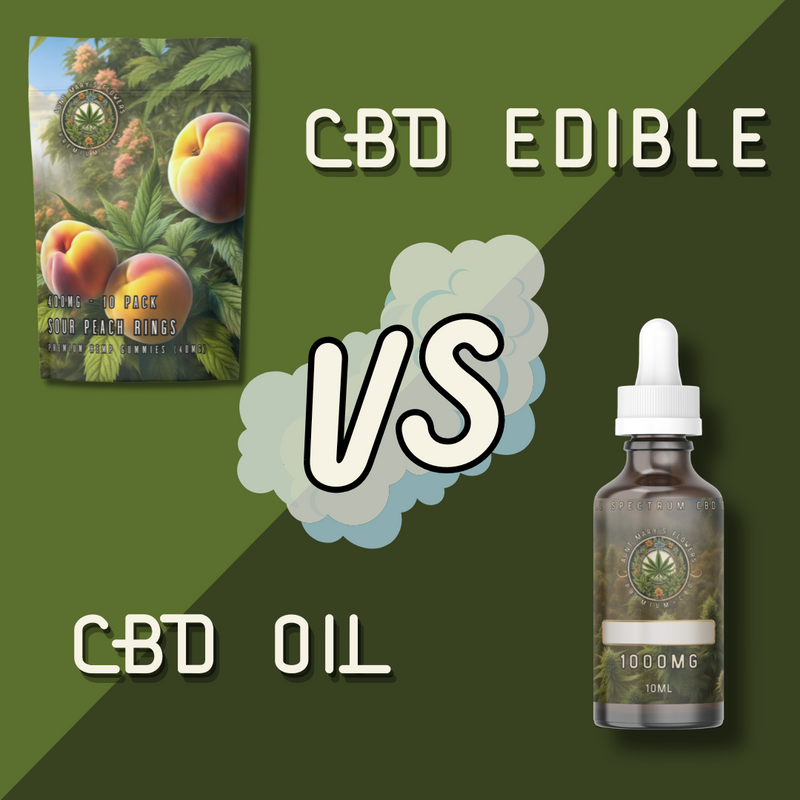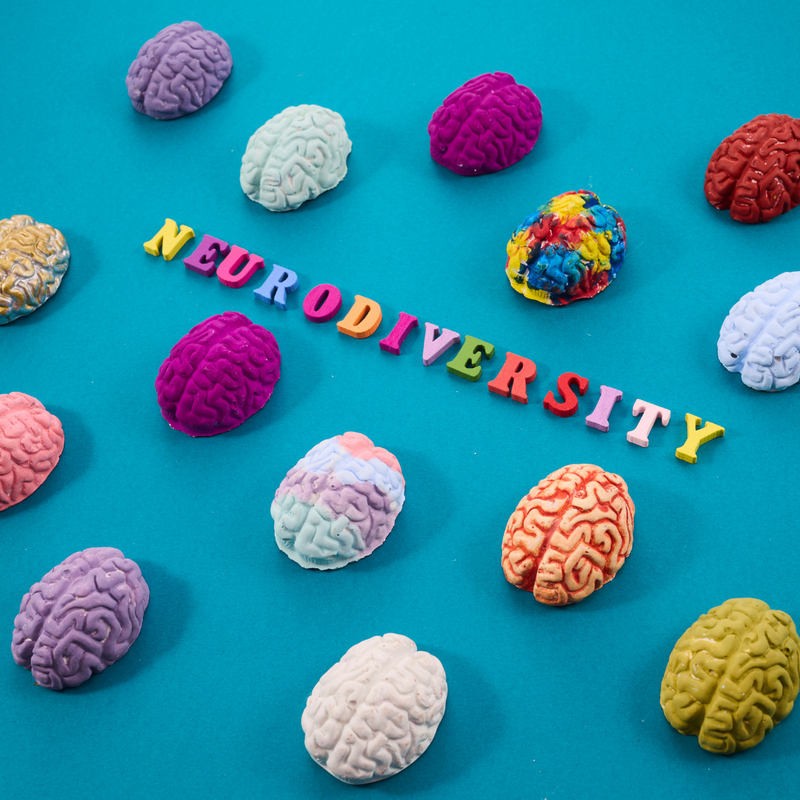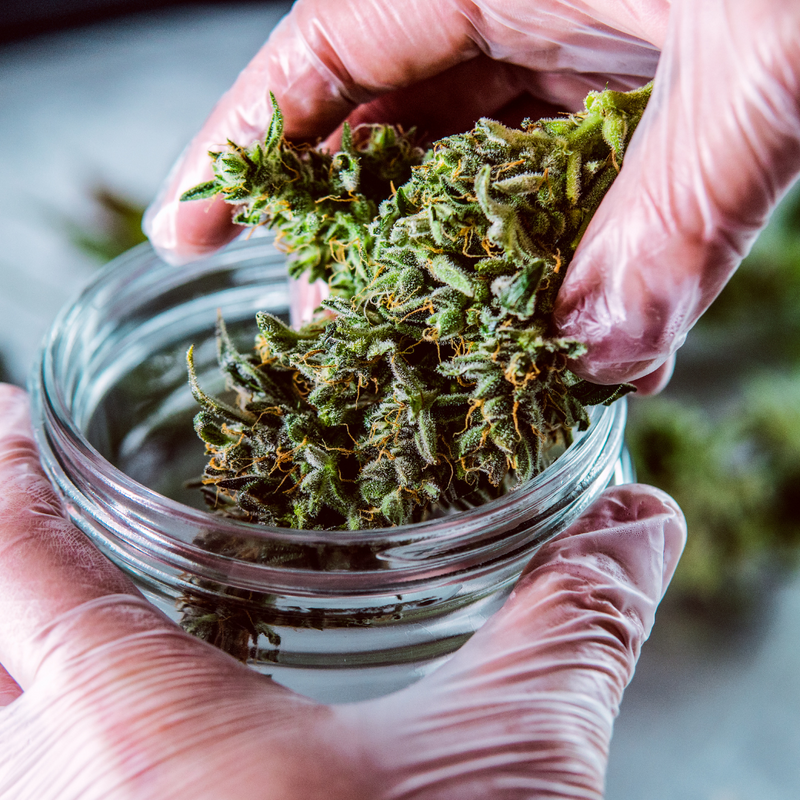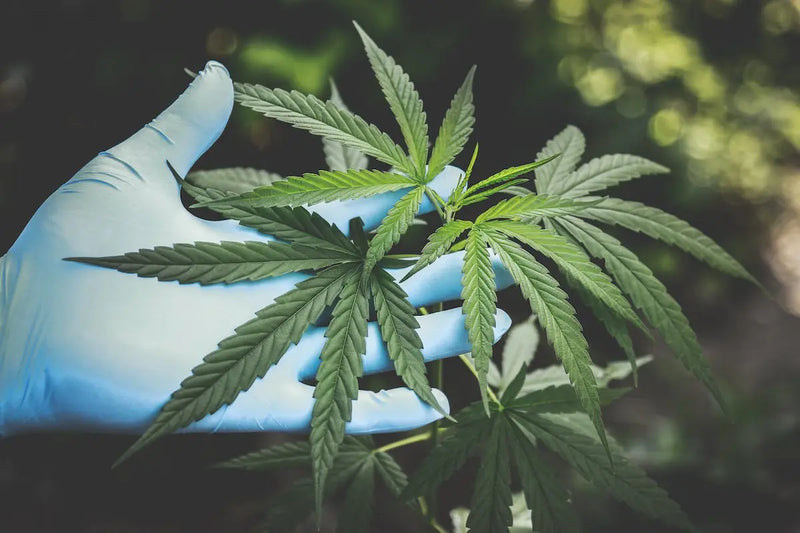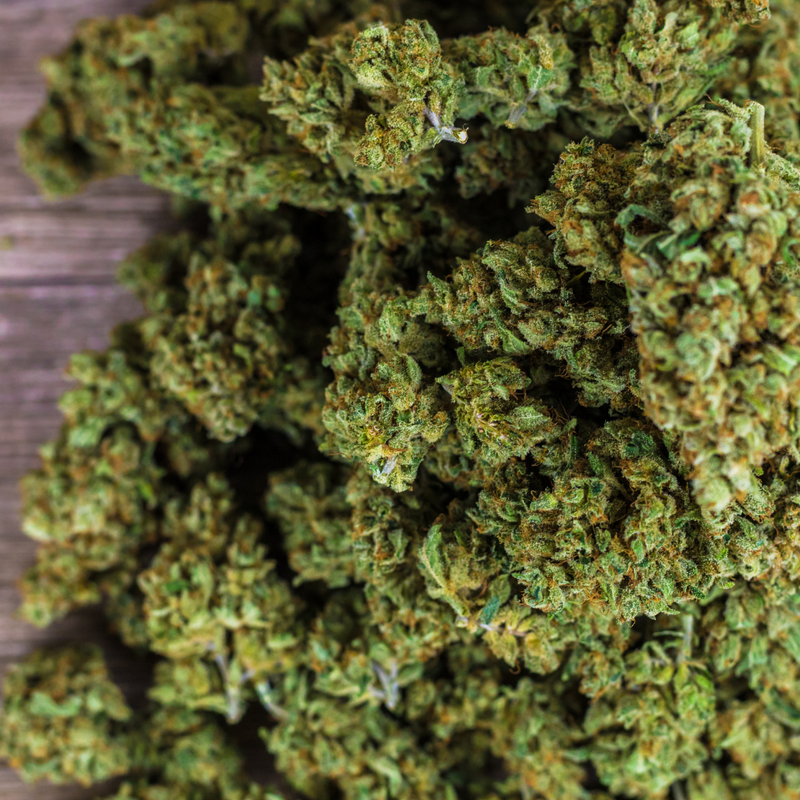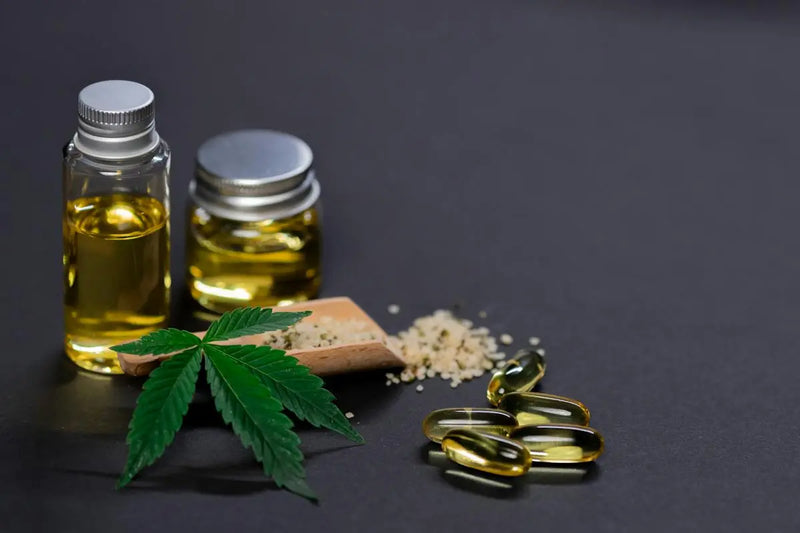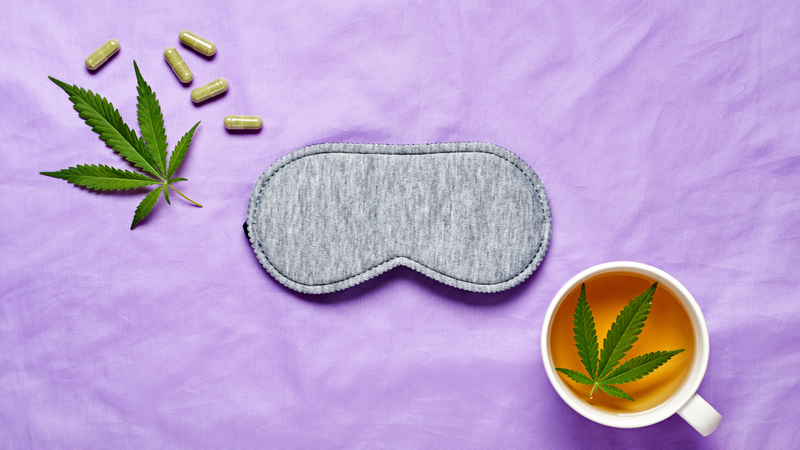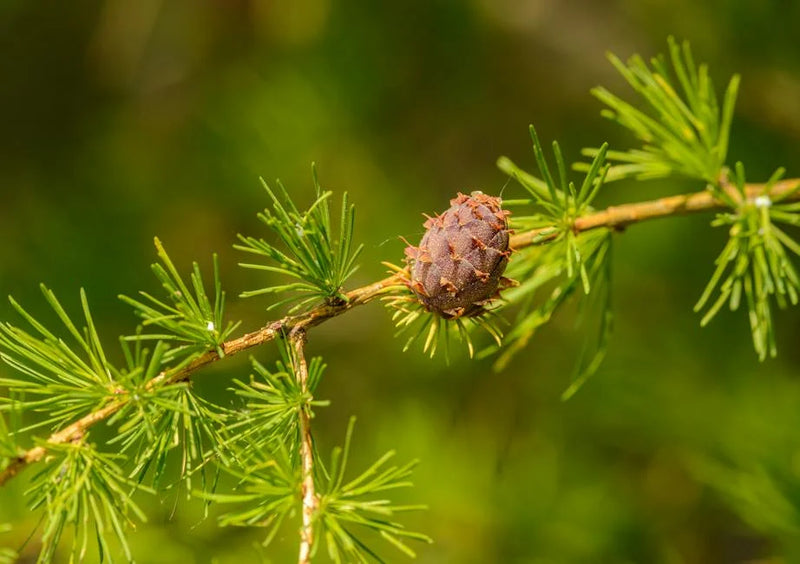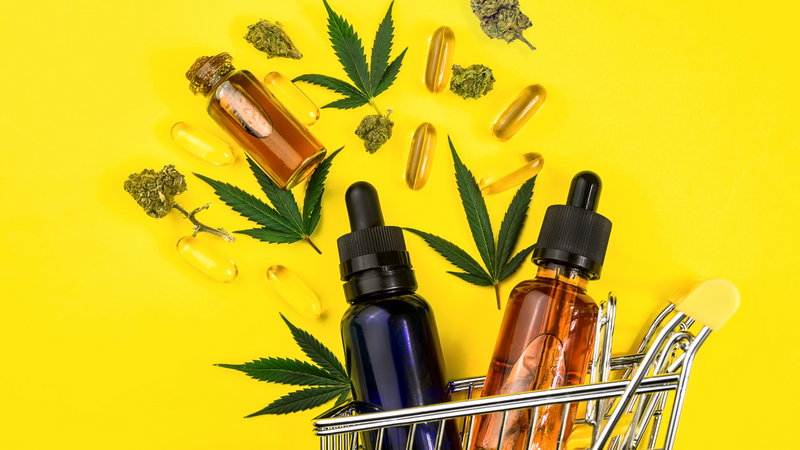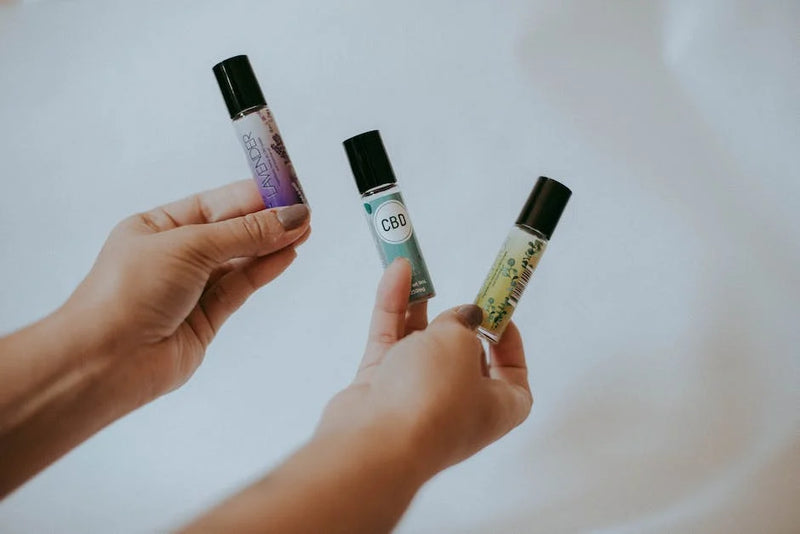Understanding post-workout pain
After a workout, you may experience muscle soreness and discomfort, known as post-workout pain. This is a common response to strenuous physical activity and typically occurs within 24 to 48 hours after exercise. Post-workout pain is often caused by microscopic damage to the muscle fibres, leading to inflammation and tenderness. Understanding the nature of this pain can help you manage it more effectively and make informed choices about using CBD for relief.
Introducing CBD for pain relief
CBD is a natural alternative for pain relief that can be used during post-workout recovery. It has anti-inflammatory properties, helping reduce muscle soreness and discomfort. When applied topically, CBD can target specific areas of pain, providing localised relief. Additionally, CBD can be taken orally to help manage overall pain and promote relaxation. As an option for pain relief, CBD may offer a natural alternative to traditional pain medications, with potentially fewer side effects.
How CBD affects post-workout recovery
CBD can help reduce post-workout pain and inflammation. Studies have shown that it can interact with the body's endocannabinoid system, which plays a role in regulating pain, sleep, appetite, and immune system response. CBD can be used in various forms such as oils, creams, or edibles to target different areas of pain and discomfort. Its anti-inflammatory properties may help alleviate muscle soreness, allowing for a faster recovery after intense physical activity.
Types of CBD products for pain management
CBD products for pain management come in various forms, including oils, creams, capsules, and gummies. Some popular types of CBD products for pain relief include:
- CBD Oils: These are typically taken sublingually (under the tongue) for quick absorption into the bloodstream.
- CBD Creams: These are topical products that can be applied directly to the skin over the affected area for localised relief.
- CBD Capsules: These are convenient for precise dosing and can be taken orally like any other supplement.
- CBD Gummies: These are edible, chewable products that offer a tasty and discreet way to consume CBD for pain management.
Each type of CBD product has its own advantages and may be suitable for different situations or preferences.
Dosage and usage tips for CBD
To determine the right CBD dosage for pain relief after a workout, start with a low dose and gradually increase it until you find the most effective amount. The typical recommended dosage is between 5 and 50 milligrams per day, although it may vary based on individual factors such as body weight and the severity of pain. It's important to use CBD consistently and monitor how you feel to find the optimal dosage. Additionally, consider choosing a CBD product that aligns with your preferred method of consumption, such as tinctures, topicals, or capsules. Always consult with a healthcare professional before starting any new supplement routine.
Potential risks and side effects of using CBD
Using CBD for pain relief can have potential risks and side effects. It's important to note that while CBD is generally considered safe, it can cause side effects such as fatigue, diarrhea, and changes in appetite. Additionally, there is a possibility of CBD interacting with certain medications. It's crucial to consult with a healthcare professional before incorporating CBD into your post-workout recovery routine, especially if you are taking medications or have any existing health conditions.
Incorporating CBD into post-workout routine
When incorporating CBD into your post-workout routine, it's important to understand the potential benefits and proper usage of CBD products. CBD, or cannabidiol, is a natural compound found in cannabis plants, known for its potential pain-relieving and anti-inflammatory properties. Some potential ways to incorporate CBD into your post-workout routine include using CBD-infused creams or gels to target specific areas of discomfort, consuming CBD oil or capsules to aid overall recovery, and integrating CBD edibles into your post-workout nutrition. It's essential to consult with a healthcare professional before adding CBD to your routine, especially if you are taking other medications or have any existing medical conditions.
The legality of CBD usage in sports and fitness
According to the World Anti-Doping Agency (WADA), CBD is no longer on the prohibited list for athletes, so it’s okay for athletes to use it. However, since the legality of CBD usage can vary by country and state, it’s essential to check the local laws and regulations in your area. If you’re a competitive athlete, it’s best to consult with your coach, trainer, or sports organisation to ensure that CBD is permitted in your sport.
Success stories: Athletes using CBD for pain relief
Many athletes have reported positive experiences using CBD for pain relief after their workouts. They have found that it helps reduce soreness and muscle tension, allowing for faster recovery. In some cases, athletes have also mentioned that CBD has helped them manage chronic pain associated with their training. These success stories suggest that CBD could be a promising option for athletes seeking natural alternatives to traditional pain management.
Conclusion and final thoughts
CBD can be an effective option for managing pain during post-workout recovery. Studies have shown that CBD can help reduce inflammation and alleviate muscle soreness, potentially speeding up the recovery process. However, it's essential to consult with a healthcare professional before incorporating CBD into your post-workout routine, especially if you are taking other medications or have underlying health conditions. Additionally, it's crucial to ensure that you are using high-quality CBD products from reputable sources to maximize its benefits. Overall, with proper guidance and caution, CBD can be a valuable addition to your post-workout recovery routine.


